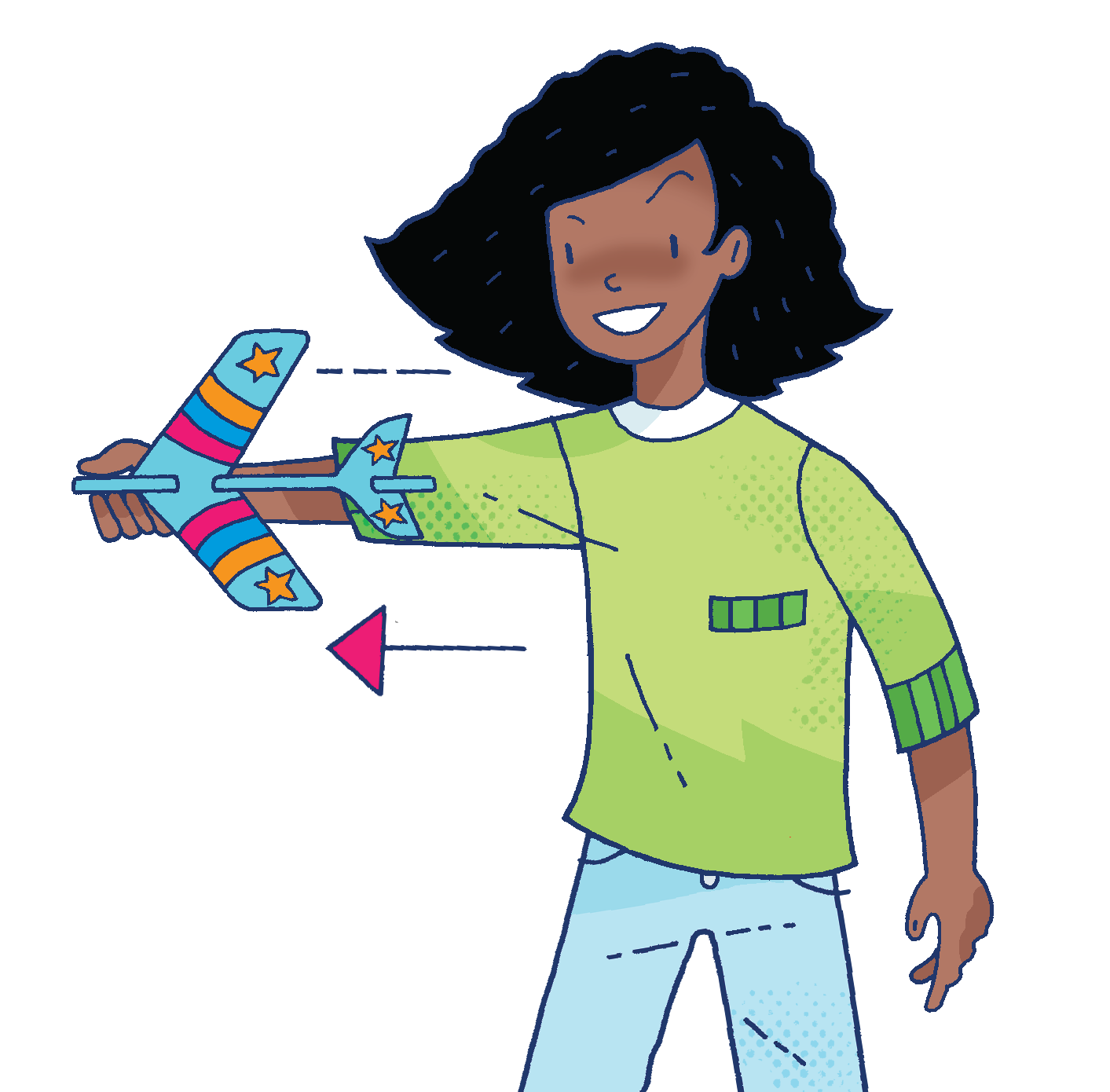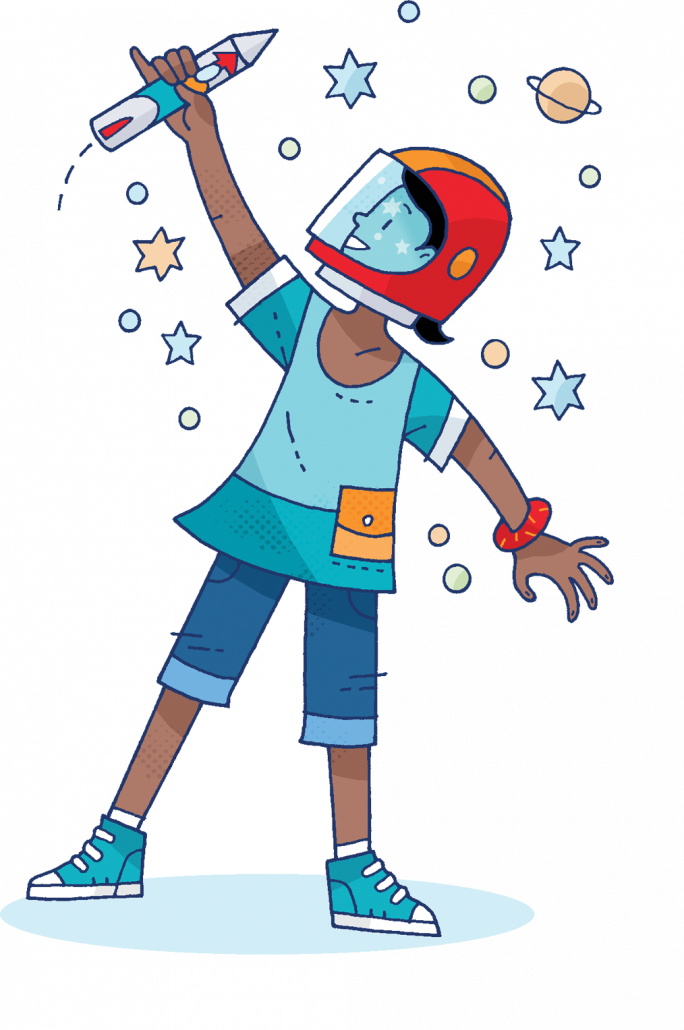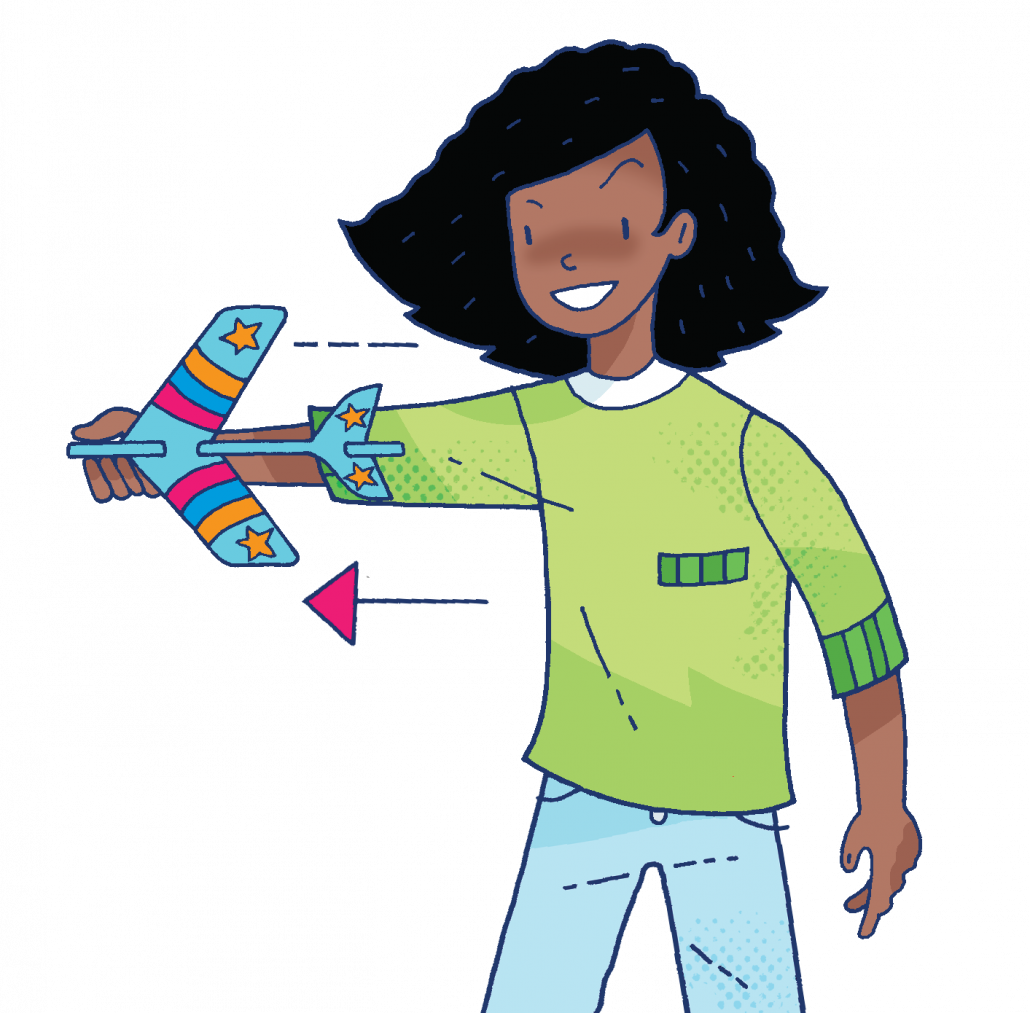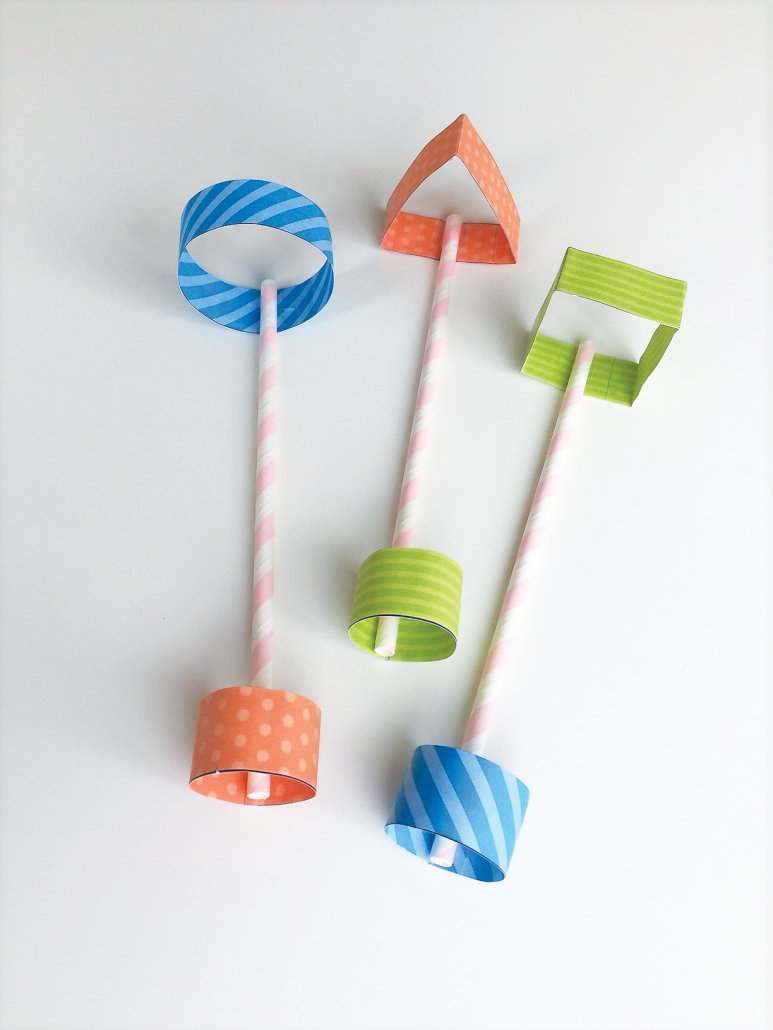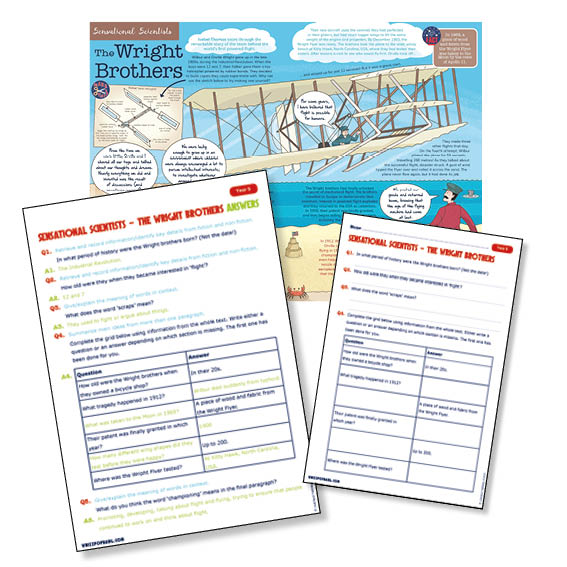Science Week Day, March 2021
British Science Week (5th-14th March 2021) was always first in my calendar as a Primary Science Co-ordinator and I usually started with very grand ideas! Whilst a whole week of science is brilliant, this year it might be more realistic to consider just planning one day – it will be just as exciting, but manageable both in school and for any pupils isolating at home. Here are some FREE ideas and resources for creating a super exciting Fly High Friday!
Did you know that Whizz Pop Bang magazine also creates curriculum-linked science resources for primary schools? Scroll to the bottom to find a brilliant offer that’s running throughout March 2021!
Here’s everything you need to make planning your science day as simple as possible:
- A whole-school challenge with suggestions for each year group
- Science lesson plan with curriculum links
- Downloadable, printable resources
- FREE PowerPoint presentations to help teachers run the day
Theme – Flight, linking with the curriculum topic of Forces with a comparative/fair testing enquiry and for EYFS the characteristics of learning.
Challenge the whole school to work together on a flight investigation!
The mission: who can make paper fly the farthest?
Keep reading to find activities and resources for each year group…
We all love to make a paper aeroplane but is that the only way to make paper fly? Here are some different ways:
How to make these suit all year groups:
For all these ideas you will only need paper, straws, sticky tape, glue and sticky tack – and some space, preferably outdoors! Each year group could have a go at making these different paper flying machines.
EYFS – Allow the children the time to explore how they can make paper fly. The teacher could demonstrate the air-powered rocket, then the children could make either the stunt planes or the straw planes. The children will choose the one they think will fly the farthest, try it and then the class teacher should record the result.
KS1 – Again allow the children the time to explore how they can make paper fly. Then the children should make each of the flying devices and choose the one they think flies the best, then test it. The teacher can collate all the results as a class.
Years 3 and 4 – children can choose their favourite design and then make adaptions to see if they can make it fly farther and record their results.
Years 5 and 6 – children can test each design and then make their own flying machines. They should throw their final design five times and calculate the mean result. This will be their final result.
We also have a reading comprehension about historical scientists the Wright Brothers, the team behind the world’s first powered flight.
At the end of the day all classes should share their results. This might be by email or you could hold a virtual assembly! Don’t forget to ask for photographs so you can make a display or share them on your school’s social media platforms. We would love to see what you’ve been doing so please tag us @whizzpopbangmag
Whizz Pop Bang magazine and teaching resources are brilliant ways to enhance your school’s science teaching:
- We provide downloadable science lesson plans, PowerPoint presentations, hands-on investigations and science reading comprehensions written by primary school teachers.
- Whizz Pop Bang teaching resources link to the National Curriculum, ensuring correct coverage.
- All of our resources are year group specific, ensuring progression between the years.
- We make cross-curricular links to other subjects, such as English, Maths, History, Geography, Design and Technology and PSHE.
Prices from as little as £190 per year for whole-school access to our ever-growing library of downloadable teaching resources, with unlimited teacher logins, as well as a copy of Whizz Pop Bang magazine through the post each month. Plus, we have an amazing offer of a 20% discount until 31st March 2021. Just apply the code SCIWEEK21 at the checkout to receive the discount. (Only available on whole-school subscriptions to the magazines and resources.)
Click here to find out more about Whizz Pop Bang’s hands-on science and reading resources for schools!
We’ve just launched a new individual membership option so teachers and home educators can access all of our amazing resources for just £20 for the whole year.
“Using Whizz Pop Bang school resources has enabled investigations to be an integral part of my science planning. I now have investigations and experiments throughout my planning rather than just at the end. The lessons are easy to resource and the pack has everything I need to teach the lesson so it saves me time as well!”
Louise Hampson, Year 3 teacher

